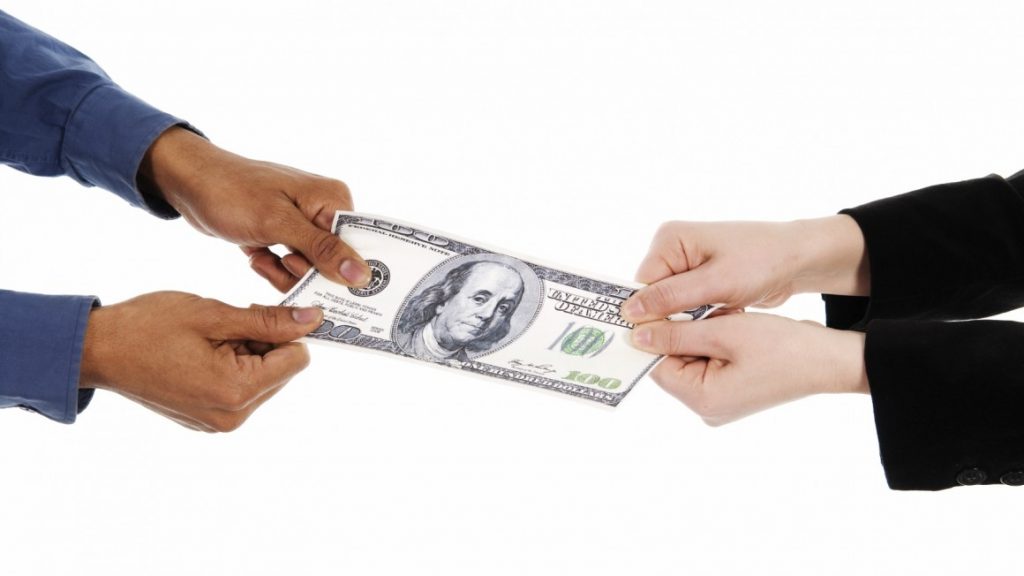

Nationwide, Black adults who have had health care debt are twice as likely as white adults with such debt to say they've been denied care because they owe money, the KFF poll found. Worse still, hospitals and doctors sometimes won't see patients with medical debt - even those in the middle of treatment People with debt avoid seeking care and become sicker with treatable chronic conditions like diabetes or multiple sclerosis. Decades of discrimination in housing, employment and health care blocked generations of Black families from building wealth - savings and assets that are increasingly critical to accessing America's high-priced medical system.Īgainst that backdrop, patients suffer. The explanation for that startling disparity is deeply rooted. The toll has been especially high on Black communities: Fifty-six percent of Black adults owe money for a medical or dental bill, compared with 37% of white adults. now affects more than 100 million people, according to a nationwide KFF poll conducted for this project. That is one of the widest racial disparities in the country. What's Broken: In and around Knoxville, residents of predominantly Black neighborhoods are more than twice as likely as those in largely white neighborhoods to owe money for medical bills, Urban Institute credit bureau data shows. Although she had health insurance through work, she was left with close to $10,000 in medical bills she couldn't pay. Diagnosed with cancer five years ago, Reed underwent surgery and chemotherapy. She couldn't escape medical debt, though.


 0 kommentar(er)
0 kommentar(er)
